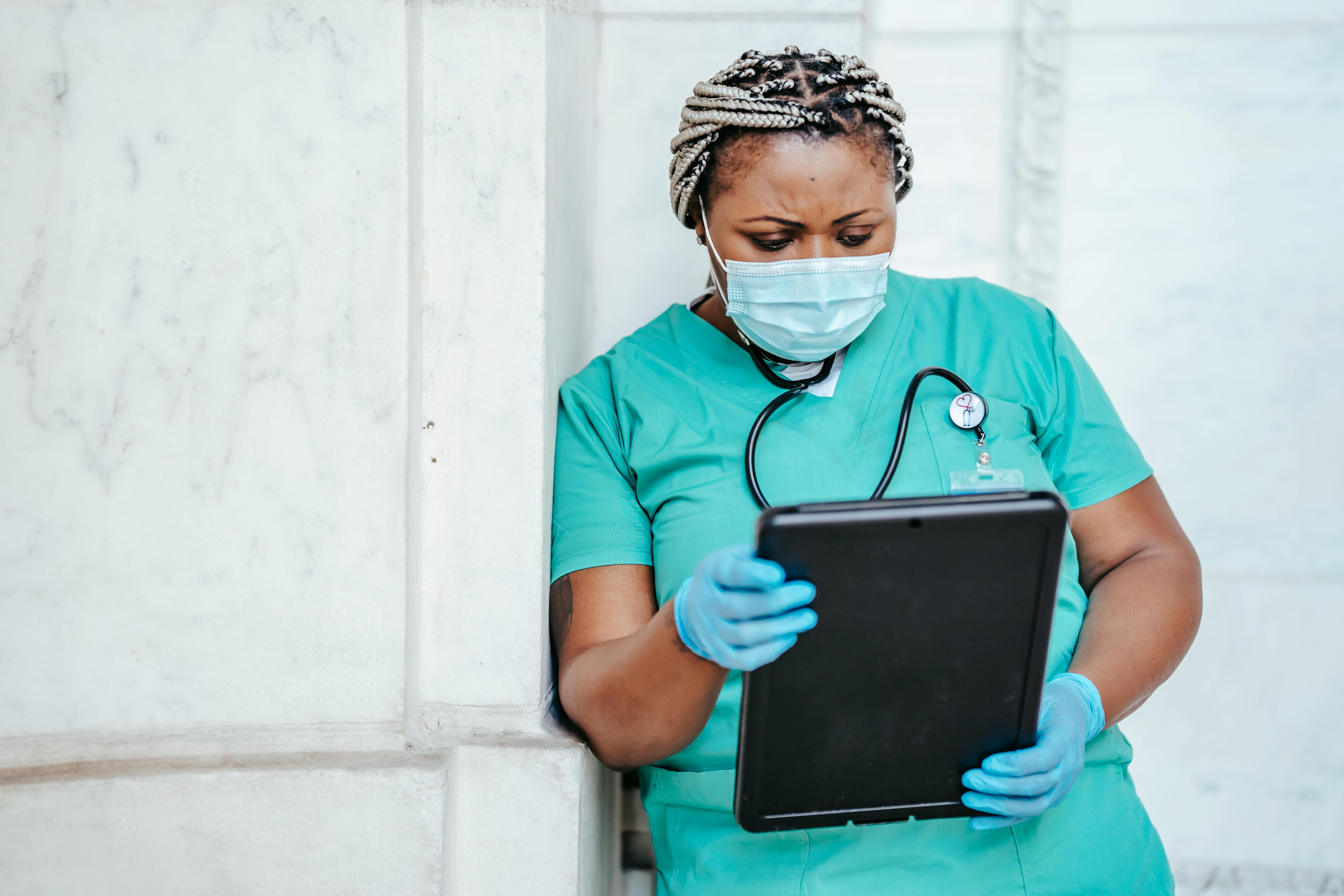Surgical technologists work in various healthcare settings, including hospitals, outpatient surgery centers, and clinics. Their work is vital to patient safety and the success of surgical procedures. With the healthcare industry continually evolving, the demand for skilled surgical technologists is on the rise, offering a stable and rewarding career path for those interested in the medical field.
Preparing the Operating Room
One of the primary responsibilities of a surgical technologist is to prepare the operating room for surgery. This involves setting up surgical instruments, ensuring all necessary equipment is sterilized, and arranging them in a manner that the surgeon can easily access during the procedure. Surgical technologists must be meticulous in their preparation to avoid any contamination that could lead to infections.
Additionally, they are responsible for checking the functionality of surgical equipment. This includes everything from surgical lights to diagnostic machines that may be used during the procedure. Ensuring all equipment is in working order is crucial to avoid any delays or complications during surgery. The preparation stage sets the tone for the entire operation, making it a vital aspect of a surgical technologist’s duties.
Assisting During Surgery
During the surgery, the surgical technologist plays a hands-on role in assisting the surgeon and other medical staff. They are responsible for passing instruments and supplies to the surgeon as needed, ensuring that everything required for the procedure is within reach. This requires a deep understanding of the surgical procedure and the ability to anticipate the needs of the surgical team.
Moreover, surgical technologists must maintain a sterile environment throughout the operation. They ensure that all surgical instruments remain sterile and handle them with the utmost care. Any breach in sterility can lead to severe complications, making this responsibility critical. Their assistance allows the surgeon to focus solely on the procedure, thereby enhancing the efficiency and success of the surgery.
Managing Surgical Instruments
The management of surgical instruments is another key responsibility of a surgical technologist. This involves not only preparing and sterilizing instruments before the surgery but also accounting for all instruments during and after the procedure. Surgical technologists must keep a precise count of sponges, needles, and instruments to ensure nothing is left inside the patient.
After the surgery, surgical technologists are responsible for the proper disposal of biohazardous materials and the cleaning and sterilization of reusable instruments. This meticulous attention to detail helps prevent infections and ensures that the instruments are ready for the next procedure. Proper management of surgical instruments is essential for patient safety and the smooth operation of the surgical team.
Maintaining Sterile Environment
Maintaining a sterile environment is paramount in surgical settings. Surgical technologists play a crucial role in ensuring that the operating room remains sterile throughout the procedure. This involves adhering to strict sterilization protocols and continuously monitoring the environment for any breaches in sterility.
Surgical technologists are also responsible for the sterile dressing of surgical sites and assisting with the application of sterile drapes over the patient. They must be vigilant in preventing any contamination, which requires a thorough understanding of aseptic techniques and a commitment to maintaining the highest standards of cleanliness. Their efforts in maintaining a sterile environment are essential to patient safety and successful surgical outcomes.
Handling Specimens
During surgery, it is often necessary to collect tissue or fluid specimens for laboratory analysis. Surgical technologists are responsible for properly handling these specimens. This includes labeling them accurately, documenting relevant information, and ensuring they are transported safely to the laboratory for analysis.
The accurate handling of specimens is critical, as it directly affects the diagnostic process and subsequent treatment plans. Surgical technologists must follow strict protocols to avoid any mix-ups or contamination, ensuring that the integrity of the specimens is maintained. This responsibility requires precision and attention to detail, highlighting the importance of the surgical technologist’s role in the broader medical team.
Postoperative Care and Cleanup
After the surgery, the surgical technologist’s responsibilities continue with postoperative care and cleanup. This involves assisting in the transfer of the patient from the operating room to the recovery room, ensuring that they are stable and comfortable. Surgical technologists may also assist in applying postoperative dressings and monitoring the patient’s condition immediately after surgery.
The cleanup process includes the disposal of used surgical materials and the thorough cleaning and sterilization of the operating room. Surgical technologists ensure that the room is ready for the next procedure, maintaining the high standards of cleanliness required in surgical environments. This aspect of their role is crucial for preventing infections and ensuring the smooth operation of the surgical schedule.
Pursue a Career in Surgical Technology Today
In conclusion, a surgical technologist is a vital member of the surgical team, with responsibilities that span from preparing the operating room to assisting during surgery and ensuring proper postoperative care. Their role requires a unique blend of technical skills, attention to detail, and a commitment to maintaining a sterile environment. For those interested in pursuing a career in this field, the opportunities are abundant and the work is both challenging and rewarding.
For individuals seeking a comprehensive and accelerated education in surgical technology, Best Bootcamps offers immersive bootcamp programs that provide the necessary training and skills. These programs are designed to equip students with the expertise needed to excel in this critical field, ensuring they are well-prepared for a successful career as a surgical technologist. Explore the opportunities at Best Bootcamps and take the first step towards a fulfilling career in surgical technology today.

